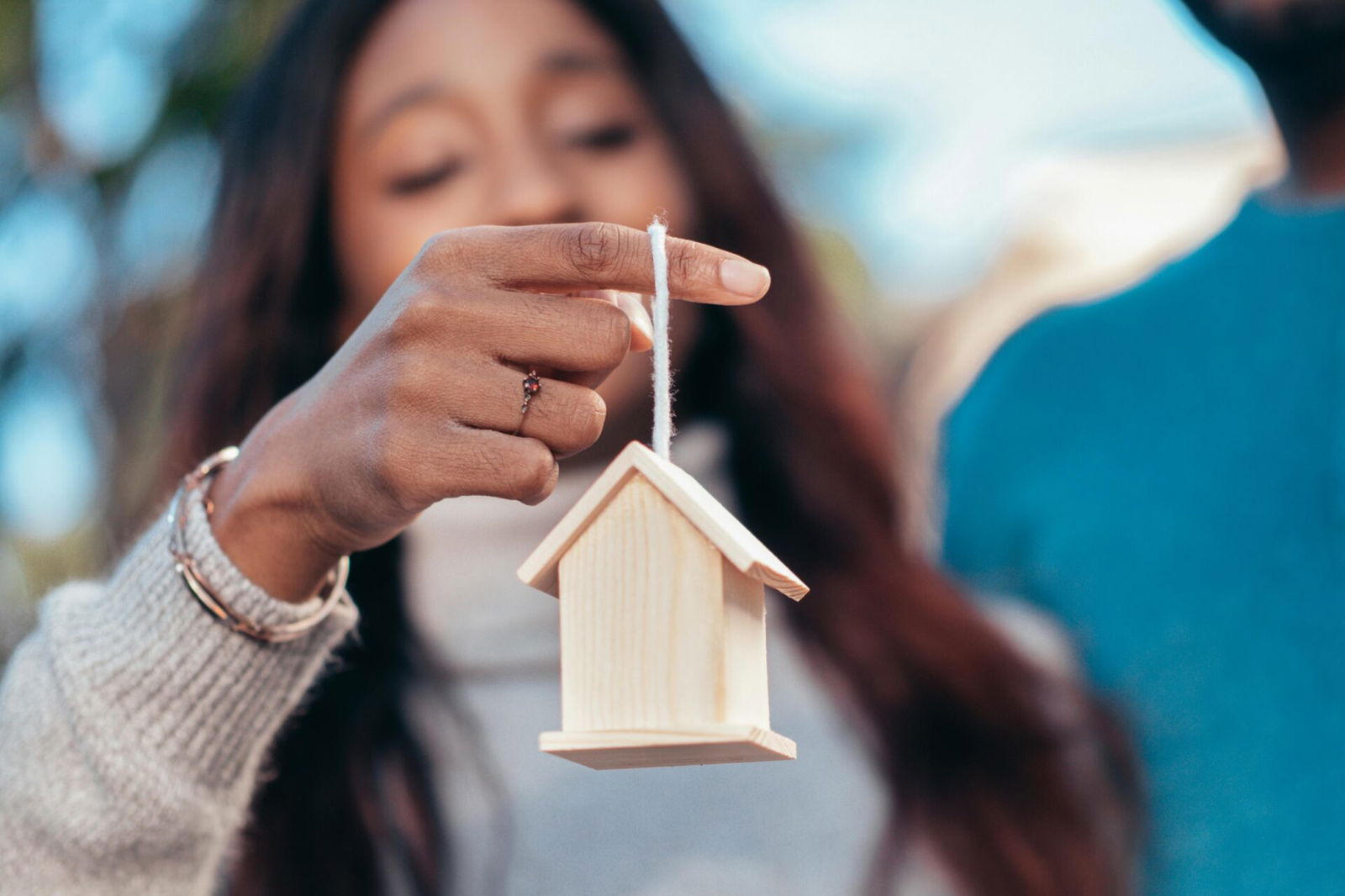
September 10, 2025
Black women’s progress in work and homeownership is not keeping up with inflation.
Black homeownership is facing renewed decline, this time from the disproportionate wage and employment penalties affecting Black women.
In a recent Forbes column, Daryl Fairweather, an economist at Redfin, examined the “double tax,” describing how Black women bear both elevated unemployment rates and structural pay disparities. The disproportionate representation puts Black women at greater risk of being shut out of homeownership. The examination noted that as employment among Black women declines, so does the overall Black homeownership rate.
Supporting that trend, new data from Real Estate Mortgage Professional shows homeownership among Black Americans fell to 43.9% in the second quarter of 2025. The figure is the lowest level in nearly four years. Unemployment among Black women climbed to 6.3% in July, up from 5.5% in 2024, while job growth nationwide fell well below projected expectations. This combination of economic setbacks is jeopardizing the Black wealth-building pathway that homeownership traditionally offers.
Unfortunately, current trends are not the only barriers faced by Black women. Historical barriers compound these current-day challenges. Decades of discriminatory practices, including redlining, predatory lending, and systemic undervaluing of Black neighborhoods, have only increased the racial wealth gap. These legacies mean Black households reliably carry less savings and equity, putting them at a disadvantage when seeking mortgages or making down payments. Anna Gifty Opoku-Agyeman wrote about the declining opportunity offered to Black women in her new book, The Double Tax: How Women of Color Are Overcharged and Underpaid.
“Black women, in particular, face challenges in the workplace in terms of low promotion and high turnover, and we often deal with occupational segregation, which pushes us towards career paths that pay us less,” Opoku-Agyeman told Forbes. “This means that in the bad times, these compounded costs of racism and sexism often get worse, especially if the jobs that Black women find themselves in, such as the federal workforce or diversity, equity, and inclusion, are being targeted for cuts.”
Experts suggest intentional, equity-focused interventions are needed to counteract these entrenched disparities. Ideas gaining traction include offering targeted down-payment assistance for first-generation buyers and Special Purpose Credit Programs (SPCPs) that allow lenders to extend more favorable loan terms to historically disadvantaged groups. These types of support have shown promise in helping more Black families access and sustain homeownership.
Ultimately, the combination of economic strain and historical exclusion makes the “double tax” a prevalent barrier to the American dream of owning a home. Without strategic, systemic policies, this essential avenue for building generational wealth risks slipping further beyond reach.
RELATED CONTENT: When Is The Best Time for Life Goals Like Marriage and Homeownership? Americans Weigh In


